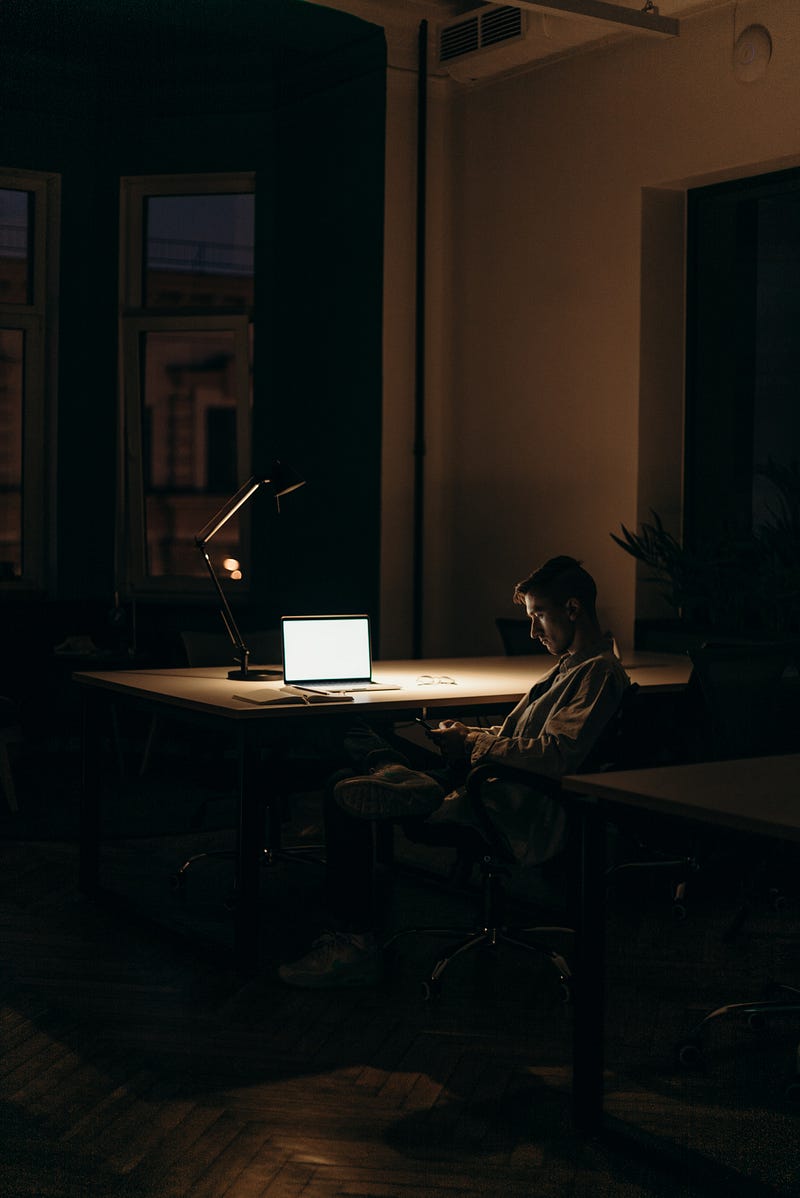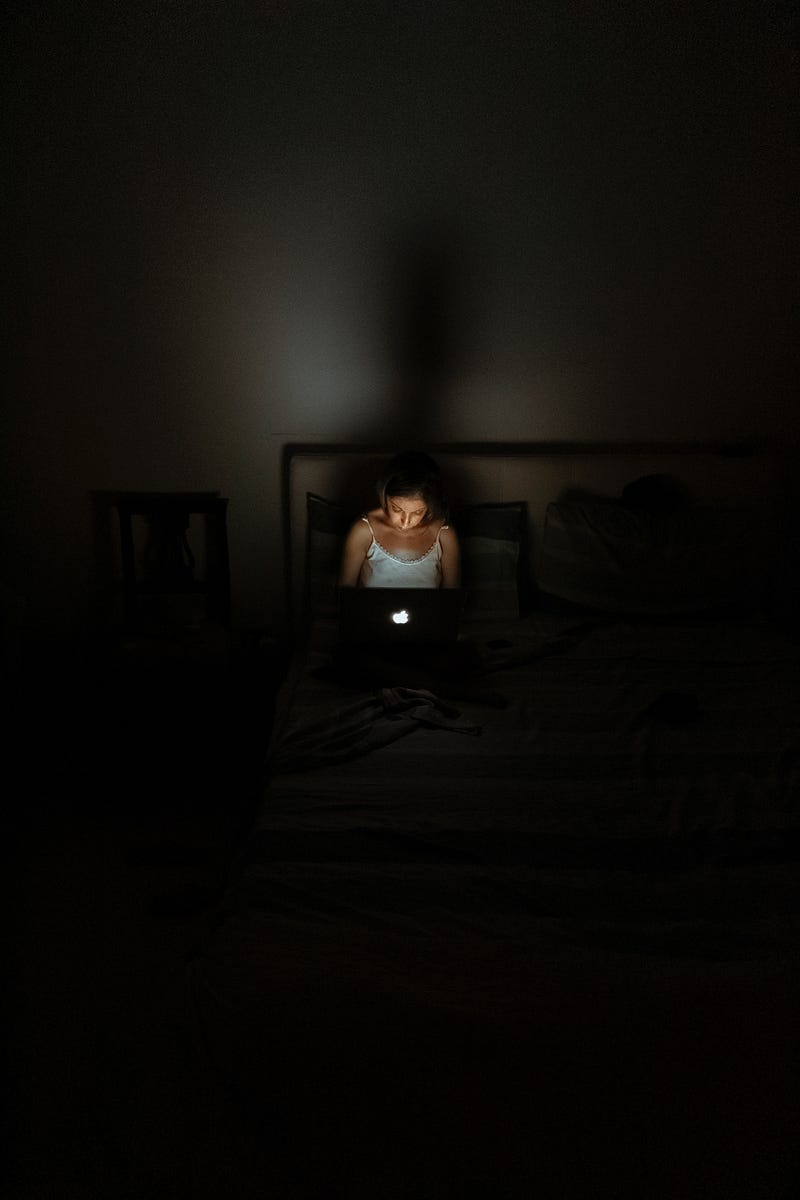Understanding Teens, Technology, and Asthma: The Real Story
Written on
The Screen Time Debate
In today's world, the concern surrounding children and technology is ever-present. The notion that screen exposure, particularly from devices like iPhones, could be detrimental to kids' health often leads to widespread anxiety. Screens have become synonymous with various health issues, from mental health disorders to serious diseases. This fear is fueled by our tendency to distrust the unfamiliar and the belief that anything innovative poses a risk to our well-being.

The Asthma Alarm
A recent study sparked significant media attention by suggesting that teenagers’ late-night screen habits might be linked to asthma. Headlines echoed the warning that teens who stay up late—likely glued to screens—could be jeopardizing their respiratory health.
However, while this claim sounds alarming, the underlying evidence fails to substantiate such a direct connection.
The Study Breakdown
The research generating this buzz was a straightforward epidemiological study examining the nighttime behaviors of teenagers in West Bengal. Participants were surveyed about their "chronotype," categorizing them as morning, afternoon, or night owls, alongside their experiences with asthma symptoms. After adjusting for potential confounding variables, the researchers noted that those who identified as night owls reported more asthma symptoms than their early-to-bed peers.
Yet, it’s crucial to clarify that the researchers did not establish a causal link—there’s no definitive proof that staying up late directly causes asthma.

Issues with the Findings
While the study presents an intriguing correlation, several key issues undermine its reliability in establishing a causal relationship:
- Reverse Causality: There’s a possibility that asthma symptoms might influence sleeping patterns rather than the other way around. A single survey does not reveal whether asthmatic teens are night owls or if their condition stems from poor sleep.
- Residual Confounding: Although some confounding factors were controlled for, many variables—such as socioeconomic status, education level, and ethnicity—could still skew the results.
- Recall Bias: Participants might inaccurately remember or report their symptoms. Those who tend to stay up late may simply be more conscious of their asthma issues.
- Generalizability: The findings are drawn from a specific demographic in West Bengal, raising questions about whether these results apply to teenagers globally.
- Sample Size: Despite a large overall sample, the number of true night owls was relatively small, potentially compromising the statistical validity of the analysis.

Conclusion: The Bigger Picture
In essence, while the study highlights an interesting association between late-night habits and asthma symptoms among West Bengali teens, it does not provide conclusive evidence of a harmful effect of screen time on adolescent health.
The narrative around screens will likely persist, as they remain the subject of much apprehension. Despite ongoing research linking screen usage to various health outcomes, the connections are often not as straightforward as sensational headlines suggest. The disparity in screen time usage across different socio-economic groups complicates the situation further, as lower-income families may rely more heavily on screens due to fewer resources for alternative activities.
Ultimately, the research did not definitively prove that screens negatively affect children's health, and this pattern is commonly observed in similar studies. Understanding the intricate relationship between technology, health, and lifestyle is essential, as many factors contribute to a child's well-being.
Before reacting to alarming headlines about screens harming children, consider the actual findings of the research. It’s possible that what you read is merely a weak correlation without any significant implications for your life.
The video title is "Drake & Future - Diamonds Dancing (Official Audio) - YouTube". It showcases the collaboration between Drake and Future, highlighting their musical synergy and creativity.